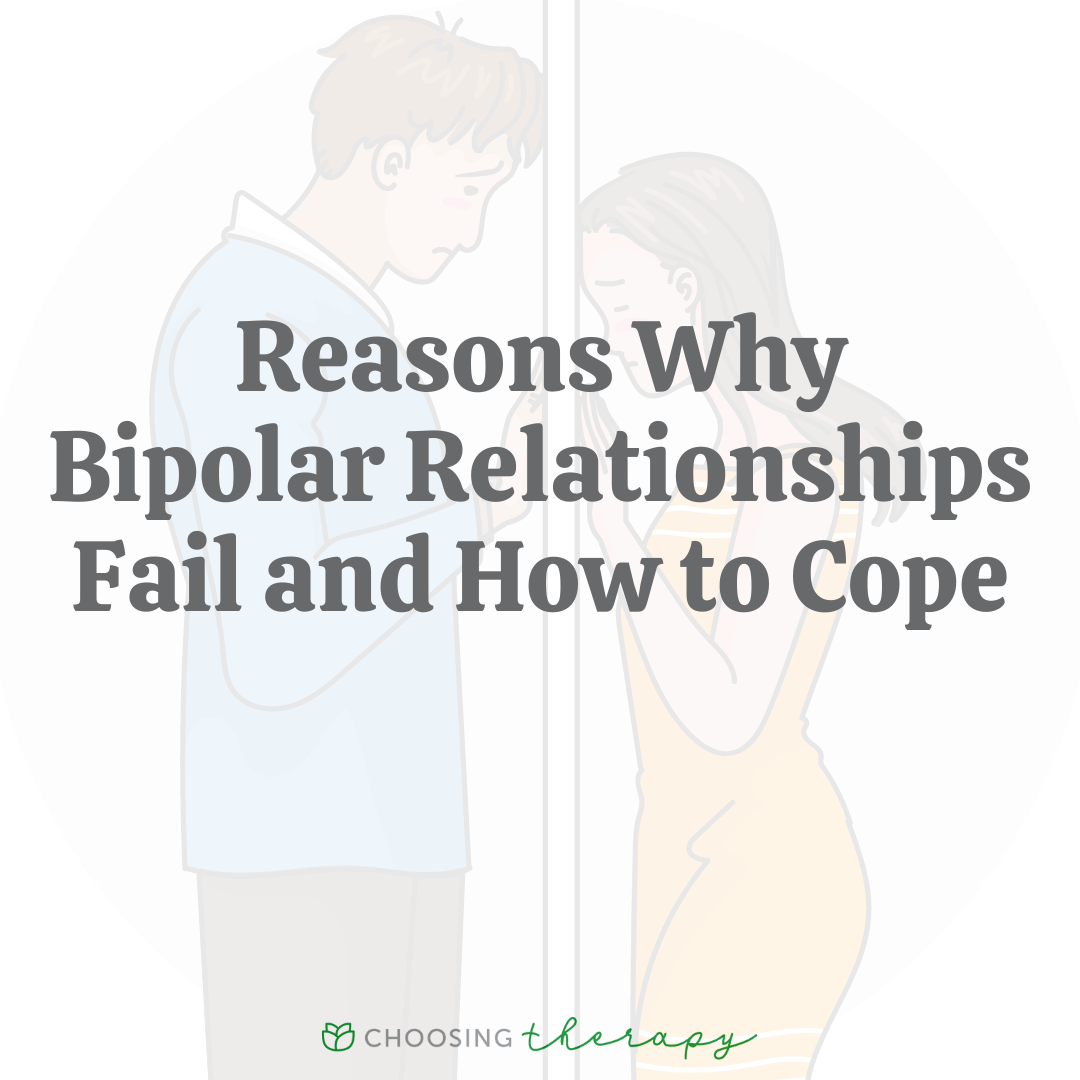Marrying someone with bipolar disorder introduces a set of challenges and complexities to the relationship that both partners must navigate carefully. Bipolar disorder, characterized by extreme mood swings from manic highs to depressive lows, affects not only the individual diagnosed but also their spouse. Understanding, compassion, and communication are foundational in such marriages, which can still be profoundly loving and rewarding despite the inherent challenges.
Emotional damage
One of the most immediate impacts of bipolar disorder on a marriage is the emotional volatility it introduces into the relationship. Spouses may find themselves on a rollercoaster of emotions, with the bipolar partner experiencing intense highs and lows that can shift rapidly. These mood swings can lead to unpredictability in behaviors and decisions, placing a strain on mutual understanding and patience. During manic phases, a partner with bipolar disorder might exhibit risky behavior, overspending, or hypersexuality, which can create tension and trust issues. Conversely, during depressive episodes, they might withdraw, show little interest in communication or activities, and struggle with deep sadness or hopelessness, making it hard for their partner to connect with them.
Communication Challenges
Effective communication can become particularly challenging. During manic episodes, individuals may have grandiose ideas and become frustrated when their partner does not share their enthusiasm or tries to caution them. During depressive episodes, the difficulty in expressing feelings or apathy can leave a spouse feeling neglected or helpless. Learning how to communicate effectively, especially in understanding when to push a conversation and when to give space, becomes a crucial skill for both partners.
Financial and Social Implications
Bipolar disorder can have significant financial and social repercussions on a marriage. The impulsivity associated with manic episodes may lead to substantial financial decisions without consultation, such as extravagant purchases or investments. This behavior can put a financial strain on the relationship, necessitating structured financial planning and safeguards. Socially, the couple might face challenges as well, with friends and family members not always understanding the condition or how to offer support, potentially leading to isolation.
The Role of Treatment
Treatment adherence is a critical aspect of managing bipolar disorder within a marriage. Medication, therapy, and lifestyle adjustments are common approaches to managing the condition. However, the partner without bipolar disorder may need to take on additional responsibilities to support their spouse, such as helping manage medication schedules, attending doctor’s appointments, or encouraging healthy habits. This can add an extra layer of responsibility to the marriage, but it can also strengthen the bond between partners as they navigate these challenges together.
Impact on Intimacy and Parenthood
Intimacy can also be affected by bipolar disorder. Sexual drive can fluctuate significantly, being high during manic episodes and low during depressive phases. This inconsistency can create misunderstandings and feelings of rejection or inadequacy in the partner without bipolar disorder. Furthermore, the decision to have children involves careful consideration and planning, as there is a genetic component to bipolar disorder and concerns about the effects of medication during pregnancy.
Building Resilience and Seeking Support
Despite these challenges, marriages where one partner has bipolar disorder can thrive. Resilience is built on the foundations of mutual understanding, empathy, and open communication. Education about the disorder is crucial for both partners, as is a strong support network of friends, family, and mental health professionals. Couples therapy can be particularly beneficial in providing a space for both partners to express their feelings and learn strategies to strengthen their relationship.
Support groups and online communities offer both the bipolar partner and their spouse opportunities to share experiences and advice, reducing feelings of isolation. Learning from others who are navigating similar challenges can be incredibly affirming and empowering.
Conclusion
Marrying someone with bipolar disorder requires a deep commitment to navigating the complexities of the condition together. It involves embracing both the challenges and the profound depth of experience and understanding that can come from loving someone through their highs and lows. With the right support, communication, and commitment to treatment and each other, couples can build a strong, loving, and enduring relationship. The journey may not always be easy, but it can be incredibly rewarding, marked by growth, resilience, and an unshakeable bond.




